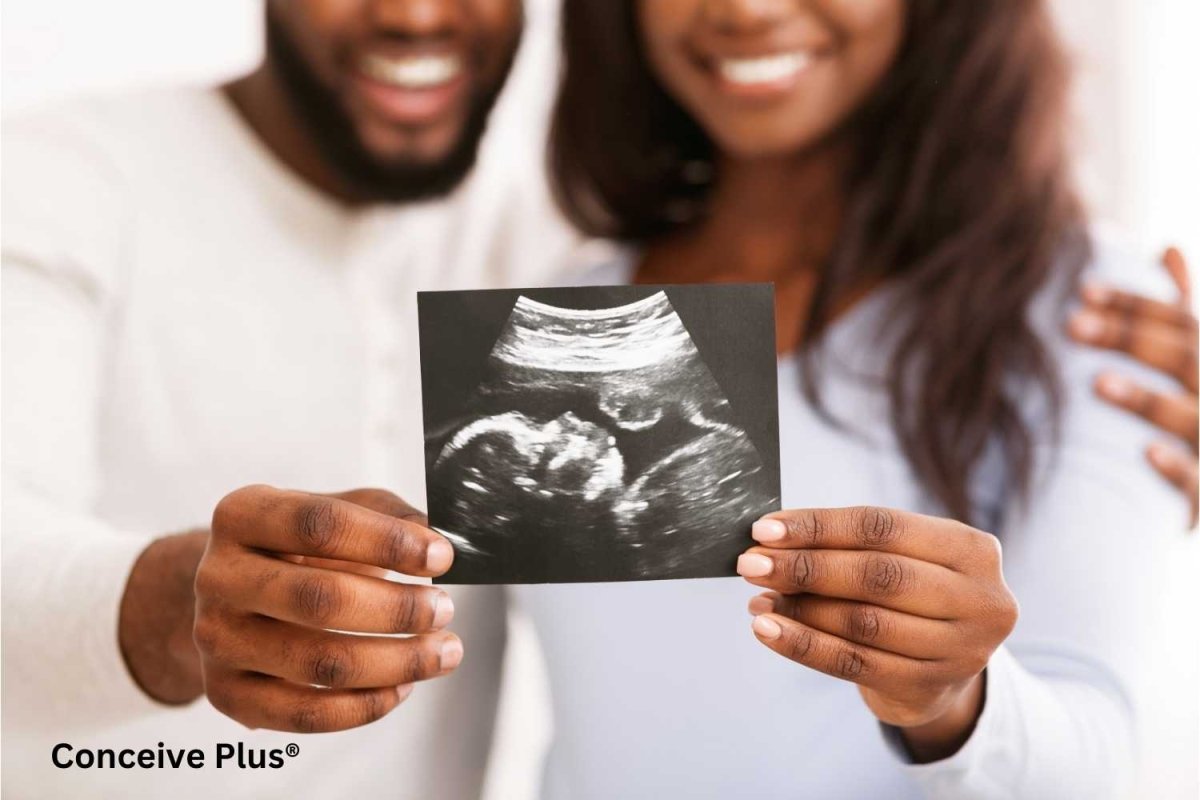Embryo Implantation: Understanding the Process and Timeline

Embryo implantation is a critical step in conception, marking the beginning of pregnancy. This process occurs when the fertilized egg, now called a blastocyst, attaches to the lining of the uterus (endometrium), allowing it to begin developing into an embryo and eventually a fetus. Embryo implantation is a highly complex and delicate process that requires a precise alignment of both the embryo's development and the uterine environment.
The Embryo Implantation Process
The embryo implantation process can be divided into several phases. It starts with the embryo hatching from its protective outer layer, the zona pellucida. This hatching occurs around day 5 or 6 after fertilization. Once free from the zona pellucida, the blastocyst begins interacting with the endometrium, seeking the right spot for implantation. This stage is referred to as "apposition," where the blastocyst loosely adheres to the uterine lining, aligning itself for deeper attachment [1].
Next comes the adhesion phase, where the embryo's outer cells (trophoblasts) bind tightly to the endometrial cells through a combination of molecular interactions. Finally, the embryo begins to invade the uterine lining during the invasion phase, burrowing deeper into the endometrium. This is essential for the embryo to access the nutrients it needs to grow and to establish the placenta, which will nourish it throughout pregnancy.
How Long Does It Take for an Embryo to Implant?
Timing is critical in the implantation process. How long does it take for an embryo to implant? Typically, implantation occurs between 6 to 12 days after fertilization, with the average being around day 9. The window for successful implantation is narrow, and several factors must align perfectly for it to occur. Hormonal balance, particularly levels of estrogen and progesterone, is key to preparing the uterine lining to be receptive to the embryo [2].
For women undergoing IVF (In Vitro Fertilization), implantation follows a similar timeline. After embryo transfer, it usually takes about 2-3 days for the embryo to start attaching to the uterus, and the process completes within 5-8 days. Once the embryo is implanted, hormone production increases, including the hormone hCG, which is detectable in pregnancy tests.
Factors Affecting Embryo Implantation
While the process of implantation seems straightforward, it is highly sensitive to several factors. The quality of the embryo, the health and receptivity of the uterine lining, and hormonal balance all play critical roles. In some cases, stress and other health conditions like uterine abnormalities or hormonal imbalances may affect the success of implantation.
Even in the best conditions, not every fertilized egg successfully implants, which is why pregnancy does not always occur immediately after fertilization. For those looking to optimize uterine health and prepare their body for conception, fertility-support supplements with essential vitamins and minerals can help create a supportive environment for embryo implantation.
Symptoms and Signs of Implantation
Some women experience symptoms during the implantation phase, but others may not notice any changes at all. Embryo implantation can cause mild cramping or light spotting, known as implantation bleeding, which occurs when the blastocyst embeds itself into the uterine wall. Other potential symptoms include breast tenderness, slight fatigue, or nausea, and flu like body aches in early pregnancy all due to the hormonal changes taking place as the embryo begins to grow [3].
The Bottom Line
In conclusion, embryo implantation is a complex but essential step in the process of pregnancy. It involves multiple phases, each critical for the successful attachment of the embryo to the uterus. How long does it take for an embryo to implant? It usually happens between 6 to 12 days after fertilization. The success of implantation depends on the health of both the embryo and the uterine environment, and while some women may experience signs like light bleeding or cramping, many do not notice any symptoms. Understanding this process is vital for those trying to conceive, either naturally or through fertility treatments like IVF.
Sources:
- Laura Governini, Francesca P. Luongo, Alesandro Haxhiu, Paola Piomboni, Alice Luddi. Main actors behind the endometrial receptivity and successful implantation. Tissue and Cell, Volume 73. 2021, 101656. ISSN 0040-8166. https://doi.org/10.1016/j.tice.2021.101656.
- Kim SM, Kim JS. A Review of Mechanisms of Implantation. Dev Reprod. 2017 Dec;21(4):351-359. doi:10.12717/DR.2017.21.4.351. Epub 2017 Dec 31. PMID: 29359200; PMCID: PMC5769129.
- Ochoa-Bernal MA, Fazleabas AT. Physiologic Events of Embryo Implantation and Decidualization in Human and Non-Human Primates. International Journal of Molecular Sciences. 2020; 21(6):1973. https://doi.org/10.3390/ijms21061973













